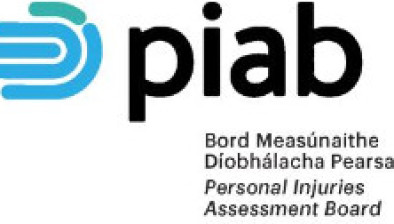Supreme Court rules personal injuries guidelines are binding

The personal injuries guidelines drawn up by the Judicial Council are legally binding, the Supreme Court has ruled.
In the complex case of Bridget Delaney v. the Personal Injuries Assessment Board & Others, the court ruled by 4-3 that part of the Judicial Council Act 2019 relating to the making of the guidelines is unconstitutional as it undermines judicial independence.
However, by 6-1, the court also held that the guidelines had effectively been ratified by the Oireachtas through the Family Leave and Miscellaneous Provisions Act 2021 and were therefore binding in law.
An immediate effect of the decision is that future updates to the guidelines will require legislation.
In a joint statement, junior ministers Jennifer Carroll MacNeill and Dara Calleary said: “We note the significant decision of the Supreme Court today in relation to the personal injuries guidelines.
“The implementation of the guidelines formed a key part of the government’s insurance reform programme as per the action plan for insurance reform, alongside the strengthening of the Injuries Resolution Board and the rebalancing of the duty of care.
“The judgment handed down by the Supreme Court will require some time to fully digest. Nonetheless, it is important that all stakeholders take stock of the judgment.
“In particular, now that it is clear that the guidelines have been upheld, insurers have a responsibility to reflect this in their premiums. Separate to this, legal costs in relation to personal injuries claims need to be monitored.
“Bringing stability to the personal injuries claims environment remains a priority for the government, and the judgment today provides welcome clarity in that regard.”
A full report of the Supreme Court decision will be published in Irish Legal News tomorrow.









